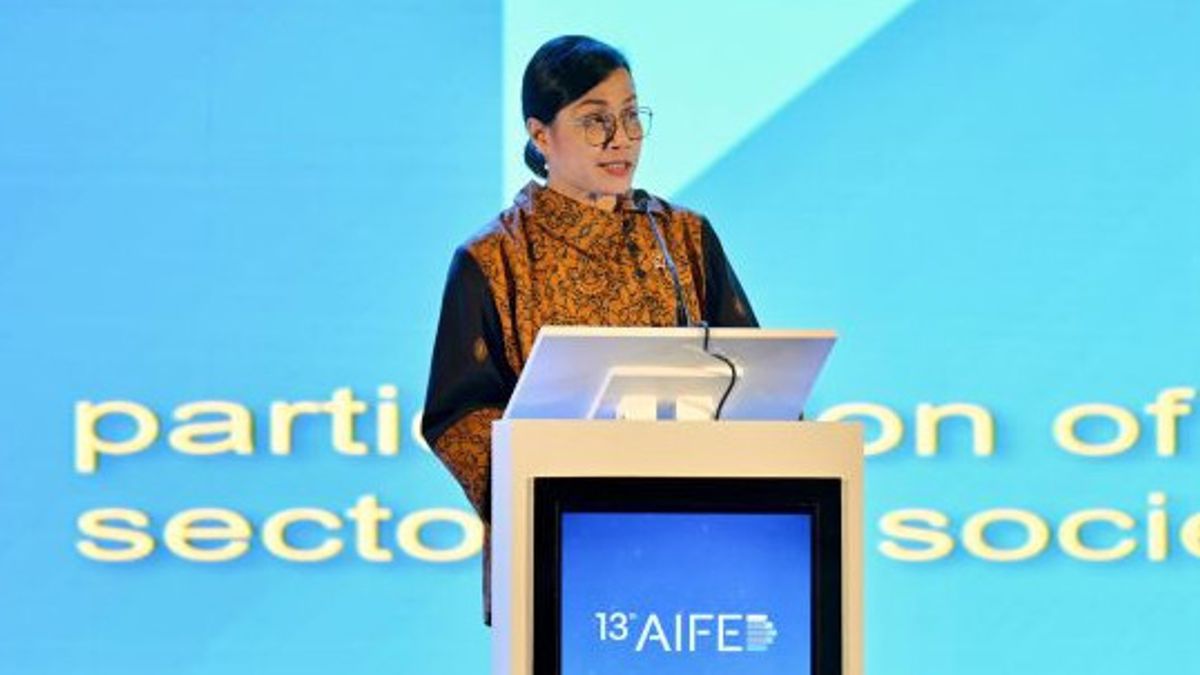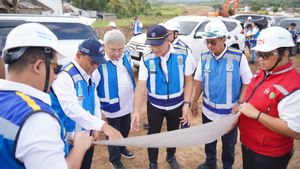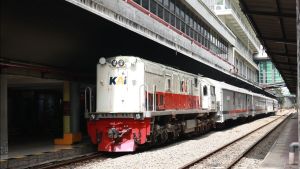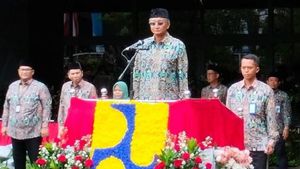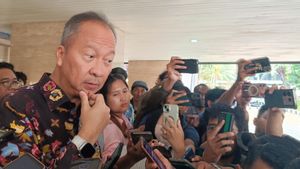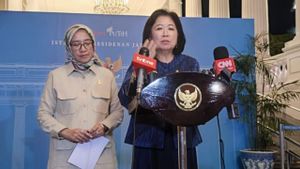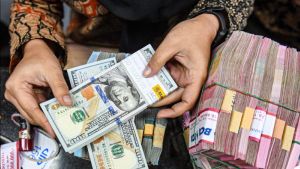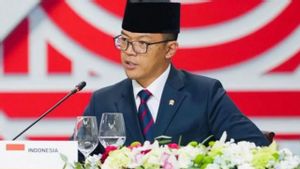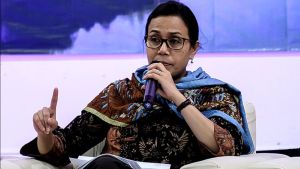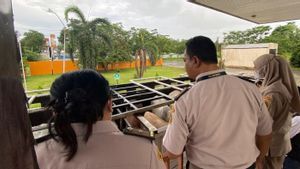Minister of Finance Sri Mulyani Indrawati explained Indonesia's efforts to anticipate geoeconomic shifts to the Annual International Forum on Economic Development and Public Policy (AIFED) 2024.
Indonesia has many strategic potentials that can be utilized to respond and take advantage of changes properly, such as strategic geographical location, wealth of natural resources, and relatively young demographic structure.
"In line with that, President Prabowo has priority agendas that include several areas of development, namely food and energy security, human resource development, institutional reform, as well as industrial and downstream policies," Sri Mulyani said in a statement quoted in Jakarta, Tuesday.
Food and energy security is an important priority for Indonesia. Agriculture's intensification and extensification strategies continue to be strengthened to ensure that food security can be produced with good quality and efficient. Strong food production is expected not only for domestic consumption but also for global consumption.
In the energy sector, Indonesia has enormous potential, especially in supporting energy transitions, both commitment to low-emission growth and investment in energy infrastructure. This includes the development of energy distribution and transmission, as well as the management of a balanced combination of energy between renewable and non-renewable energy.
"Even though it has a strong leadership commitment, it still requires a lot of effort at various levels, both in policies, regulations, as well as financing and instruments to deal with various issues, especially in the energy transition," said the Minister of Finance.
The next priority is that human resources, aspects of education, health, and social safety nets must be optimized as a driving force for improving welfare through various policy strategies.
From the aspect of education, Indonesia has committed to allocating 20 percent of the state budget for education. The complexity in the allocation of education budgets is one of the most important development challenges for Indonesia.
From a health perspective, the space for repairs is still wide open so reforms and investments need to continue to be improved.
Institutional improvements are also crucial for the welfare of the community by creating a more transparent, fair, and responsive system to the public's need to ensure equitable distribution of resources, support innovation, and create a conducive environment for investment and economic growth.
Regarding industrial policy, Indonesia combines it with a strong demographic strategy, namely by ensuring that everyone can benefit from this industrialization.
In line with that, the downstream industry policy will be strengthened. Not only concentrated on strategic minerals, but will be expanded to 25 leading commodities of President Prabowo's government.
SEE ALSO:
This is a new opportunity that will continue to be supported by the right fiscal policy, including the expansion of downstreaming in agricultural products which is also part of strengthening food security.
The development of infrastructure as one of the strategic areas will also continue.
Indonesia in the last 10 years has invested a lot in infrastructure development.
Infrastructure development is directed to support economic development including the digitalization, connectivity, community mobility, and economic efficiency.
The English, Chinese, Japanese, Arabic, and French versions are automatically generated by the AI. So there may still be inaccuracies in translating, please always see Indonesian as our main language. (system supported by DigitalSiber.id)
